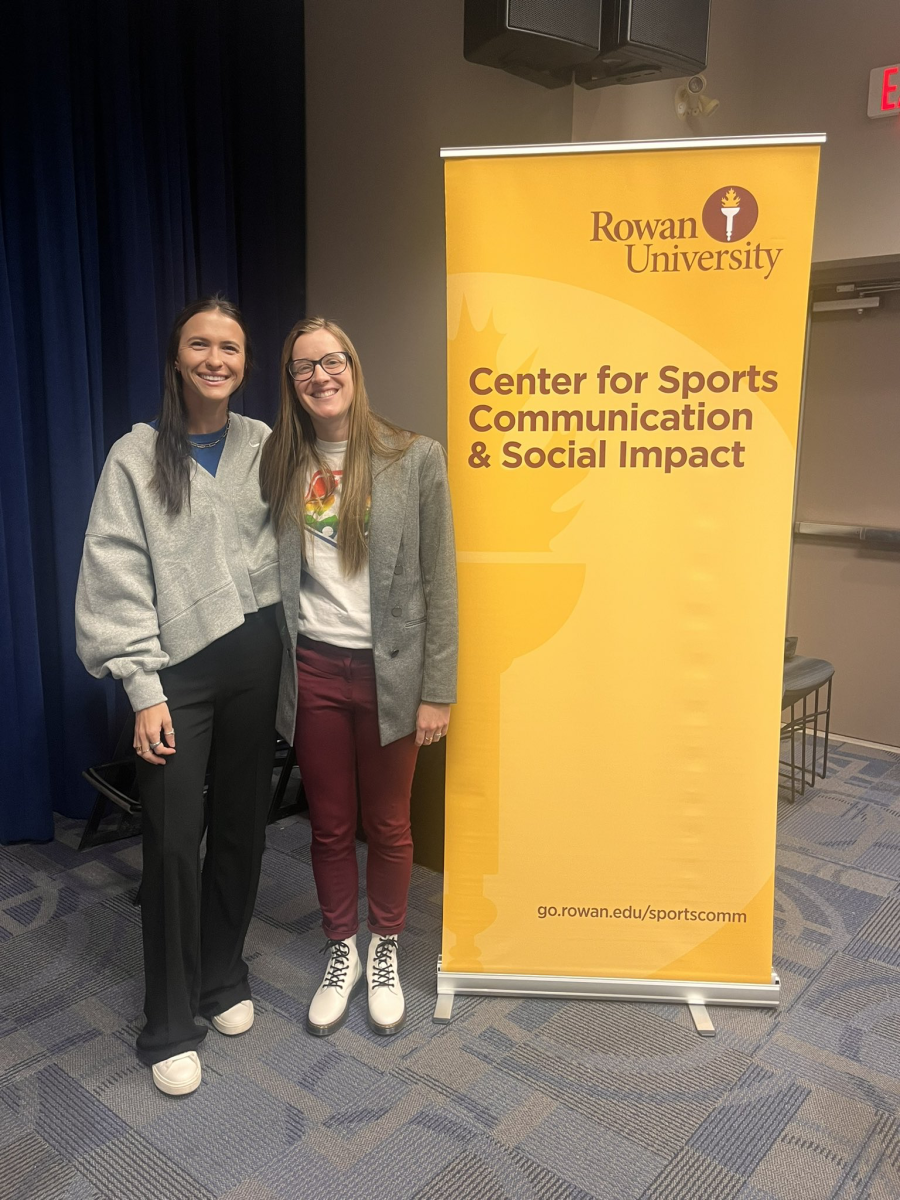National Women’s Soccer League (NWSL) player Carson Pickett was born without a left forearm and hand. It was a disability that hindered her from playing almost any sport other than soccer. Since she was five, she has been playing soccer and excelling at it. She excelled so much that when it came time to choose schools for college, the Florida native ended up committing to Florida State University (FSU) playing Division I soccer. From FSU, Pickett then was drafted fourth overall to the Seattle Reign where she spent two years of her career before going to the Orlando Pride, North Carolina Courage, and now on the Racing Louisville.
“It’s been quite the journey, a lot of different cities… But it’s been incredible so far,” Pickett said.
Growing up, Pickett was fascinated by sports, but when she watched them, there weren’t many sports on TV that featured women or disabled players, or both of them combined. The only thing that came remotely close to featuring women in sports was the Olympics or the World Cup.
“To not get to see a lot of women on TV was challenging, and I definitely didn’t get to see people with disabilities and things like that… I had no one to look up to…” Pickett said with a soft voice.
That has made a big difference in how she is today towards younger kids trying to be the role model figure for kids with disabilities that she never had when she was growing up.
Now, in the world, there are more ads and commercials about athletes with disabilities, which gives those kids a sort of inspiration. To Pickett however, she knows that the ads for disability or limb difference are less for people with disabilities, but are more for non-disabled people to make it seem more palatable.
“Seeing commercials with disabilities doesn’t feel very authentic to me and I think that’s what’s challenging,” Pickett said. “They’re showing things that are trying to explain and understand what it feels like to be disabled or to have a disability and I think it needs to be more authentic, especially in sports.”
Pickett added that she feels like there aren’t many people they can use to get the message across.
Pickett feels a sense of responsibility to be as authentic as possible and for disabled people. This responsibility, though, didn’t come until later in her career. At first, Pickett was very against being an advocate for disability in sports because of how unauthentic it was.
“It almost pushed me away from telling my story because I didn’t wanna come off as just trying to tell everyone who I am and show everyone what I can do. I actually just wanted to be the person that shows people what people with disabilities can do, then show people without disabilities what I can do,” Pickett said.
Later she did come around to the idea of advocacy thanks to Pickett’s mom convincing her to tell her story how she wants it to be told.
The word “inspiration” was a big part of why Pickett didn’t want to do advocacy. She would receive so many notifications from people saying that she was an inspiration to them.
“It took everything in me not to be like ‘Why am I an inspiration? Is it because of my arm or is it because of my abilities on the soccer field? If it was because of my arm, I would’ve been so frustrated…” Pickett said.
The help from her mother showed after she posted a photo of herself on Instagram two years ago and captioned it talking about her arm for the first time on social media. Her parents had wanted her to do that for the longest time but they didn’t want to push her to do it because it wasn’t their story to tell.
“When you’re telling a story about yourself, you have to come to terms with it on your own time,” said Pickett.
With all that Pickett has come across in her advocacy and playing in the NWSL, Pickett’s proudest moment isn’t on the soccer field, but in the front office of the league when they finally inducted a Collective Bargaining Agreement (CBA) for the NWSL. The CBA really gave the NWSL players a lot more basic rights that the players didn’t have in the league including minimum salary, living conditions, and many other housekeeping things that players in the Men’s Soccer League wouldn’t have to worry about as much because they had a CBA.
“My first years in Seattle I lived with a family and I’m an only child but when you go from being an only child to sharing a bathroom with a seven-year-old because that’s your only living condition if you wanna play professional sports. It’s a big difference…” Pickett said.
Overall, Pickett’s success and recognition are a result of her talent and skills as an athlete, not because of her disability. Pickett is an outstanding player and recalls her father always telling her that coaches may not remember all of the kids, but they’ll remember the girl with one arm.
“There’s always a positive to any kind of negative…” Pickett said.
For comments/questions about this story DM us on Instagram @thewhitatrowan or email [email protected]
























































































































































!["Working with [Dr. Lynch] is always a learning experience for me. She is a treasure,” said Thomas. - Staff Writer / Kacie Scibilia](https://thewhitonline.com/wp-content/uploads/2025/04/choir-1-1200x694.jpg)









































